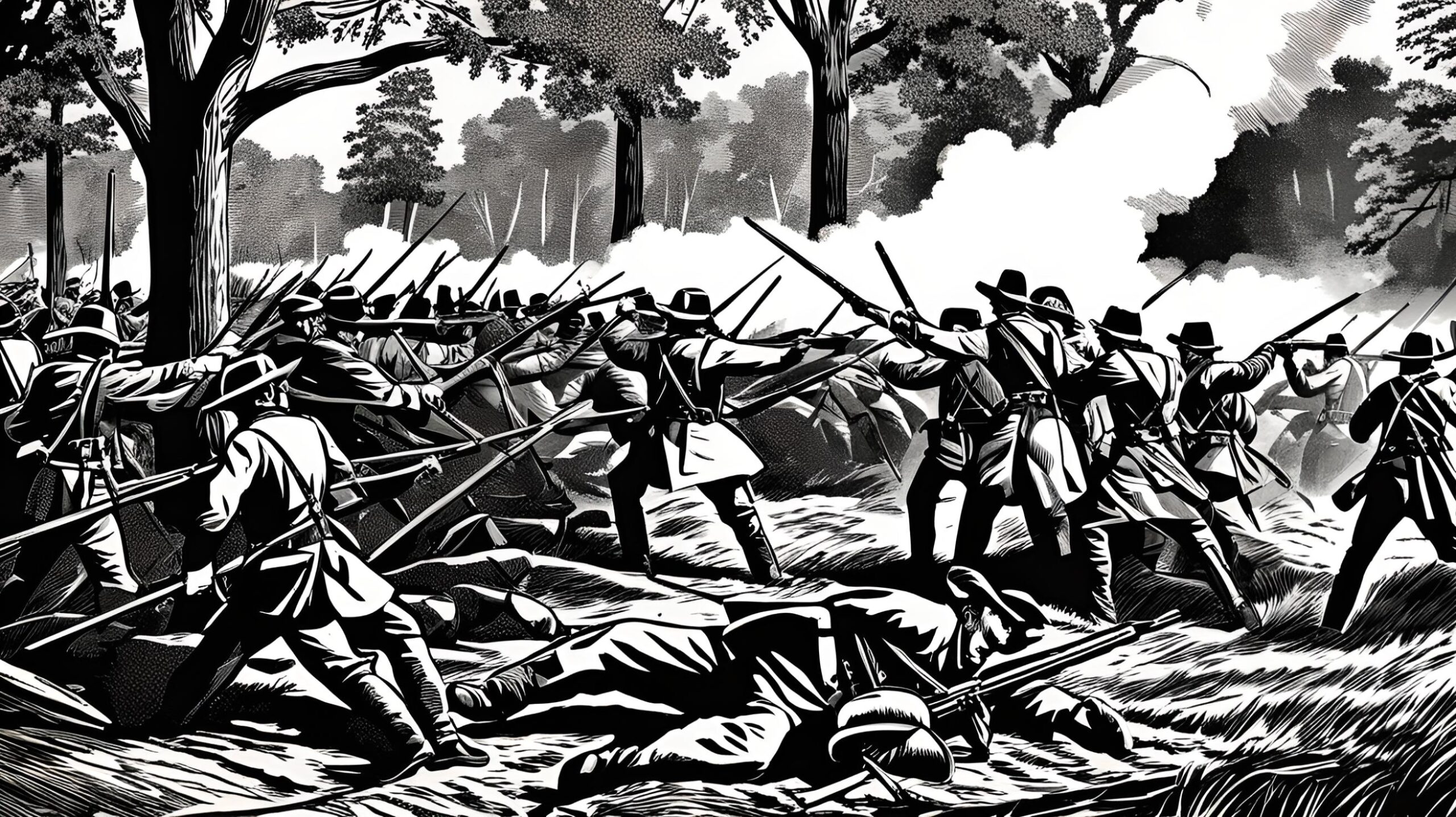Flashback to September 1
American History

On April 13, 1883, one of the most notorious trials in American history took place when Alferd Packer was convicted of murder. This event captivated the nation and continues to be of interest to this day. In this article, we will explore the details of the trial, the circumstances surrounding the case, and the lasting impact of Alferd Packer’s conviction.
Alferd Packer was a prospector and guide who gained notoriety for his involvement in the infamous Colorado cannibalism case. In the winter of 1873, Packer and a group of fellow prospectors set out on a journey towards the gold mines in Breckenridge, Colorado. However, only Packer would survive the treacherous trip through the Rocky Mountains.
The details of what transpired during that fateful winter remain murky and contested. However, it is widely believed that Packer resorted to cannibalism in order to survive the harsh conditions. When he returned to civilization in April 1874, he was arrested and charged with murder.
The trial against Alferd Packer began on April 6, 1883, and lasted for six days. The prosecution argued that Packer had intentionally murdered his fellow prospectors in order to consume their flesh for sustenance. Packer, on the other hand, claimed that his companions had died from natural causes, and he resorted to cannibalism only after they had already perished.
The sensational nature of the case captured the attention of the public and the media. Newspapers across the country covered the trial extensively, with sensationalized headlines and vivid descriptions of the alleged cannibalism. The story became a national sensation, with people eagerly following every development in the trial.
Despite Packer’s claims of innocence, the evidence presented by the prosecution was compelling. The remains of Packer’s companions showed signs of violence and dismemberment, suggesting foul play. Additionally, witnesses testified that Packer had been seen with the victims during the time of their deaths.
On April 13, 1883, Alferd Packer was found guilty of murder and sentenced to death by hanging. However, due to legal technicalities and subsequent appeals, his sentence was eventually commuted to 40 years in prison. Packer would later be released on parole in 1901.
The legacy of Alferd Packer’s trial and conviction is significant. It remains one of the most infamous cases in American legal history, often referred to as the “Colorado Cannibalism Case.” The trial raised questions about the limits of survival and the lengths one can go to in extreme circumstances.
Furthermore, Packer’s case brought attention to the dangers and hardships of prospecting in the Rocky Mountains during the late 19th century. His story served as a cautionary tale for those considering venturing into the treacherous terrain in pursuit of gold and fortune.
In popular culture, Alferd Packer’s story has been immortalized in various works of literature, film, and music. The case continues to intrigue and captivate audiences, showcasing the enduring fascination with true crime and tales of survival against all odds.
the conviction of Alferd Packer for murder on April 13, 1883, marked a significant moment in American legal history. The trial and subsequent media coverage of the “Colorado Cannibalism Case” captured the attention of the nation and left a lasting legacy. Today, Packer’s story continues to be a subject of interest and serves as a reminder of the extremes that humans can endure in dire circumstances.
We strive for accuracy. If you see something that doesn't look right, click here to contact us!
Sponsored Content

The Civil War: Severe…
Experience the intensity of…

Henry “Scoop” Jackson, American…
Renowned American Senator-Democrat for…

Leonor Sullivan, American politician…
"Remembering Leonor Sullivan: prominent…

Great Hinckley Fire: A…
"Experience the chilling history…

In the USA, the…
On September 1, 1982,…

California Constitutional Convention held…
On September 1, 1849,…

